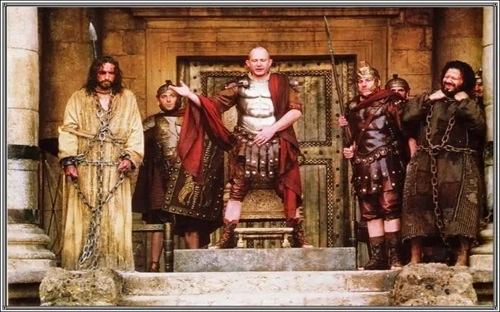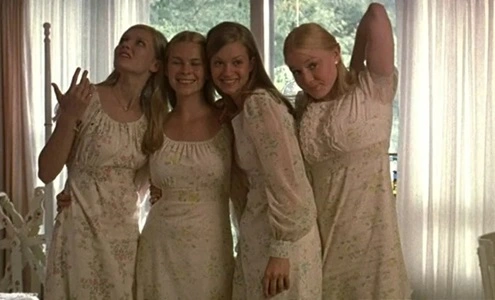Kevin Smith’s 2014 horror-comedy Tusk is one of the most bizarre and unsettling films to come out of the indie horror scene. The movie tells the story of a podcaster, Wallace Bryton (played by Justin Long), who is kidnapped and surgically transformed into a walrus by a deranged ex-sailor named Howard Howe. With its grotesque premise and disturbing visuals, Tusk left audiences with one burning question:
Is Tusk based on a true story?
Surprisingly, the answer is both yes and no. Tusk is not based on a real event, but the idea for the film came from a real online classified ad—which Kevin Smith and his fans took and turned into a cinematic horror tale as strange as the internet itself.
The Real Ad That Sparked the Horror

The origin of Tusk traces back to a 2013 episode of Kevin Smith’s podcast SModcast (episode #259, titled “The Walrus and the Carpenter”). In that episode, Smith and producer Scott Mosier discussed a Gumtree (a UK-based classified ad site) post that had gone viral.
The ad was allegedly placed by a man who offered free lodging to anyone willing to dress as a walrus for a few hours each day. The ad claimed that the poster once lived on an island and was saved by a walrus, and he now wanted to recreate that companionship by having someone live with him and occasionally wear a walrus suit.
Though the ad turned out to be a hoax (created by prankster Chris Parkinson), the absurdity of it sparked Smith’s imagination. During the podcast, he and Mosier riffed on the concept, eventually turning it into a twisted body-horror story—complete with surgery, captivity, and psychological trauma.
Smith was so amused by the idea that he put the question to Twitter: “#WalrusYes or #WalrusNo?” After a wave of fans voted yes, he committed to making the film—and Tusk was born.
Fictional Film, Real Fears
While Tusk is not based on a true crime or documented event, the film touches on themes of isolation, obsession, and madness, which are very real. The transformation of Wallace into a walrus is portrayed in graphic detail, echoing the body horror stylings of directors like David Cronenberg. It’s a disturbing take on what happens when human curiosity, loneliness, and derangement collide.
The villain, Howard Howe (played chillingly by Michael Parks), is entirely fictional, though his motivations—obsession with animals, past trauma, and loneliness—are grounded in psychological profiles found in real-world cases of extreme abuse or manipulation.
Final Verdict
So, is Tusk based on a true story? No, but it is inspired by a real (fake) ad that became an internet oddity. Kevin Smith turned this piece of viral absurdity into a cult horror film that explores the depths of human imagination—and insanity. It’s not based on a true crime or real transformation, but it stands as a uniquely grotesque example of how fiction can be born from the strangest corners of the web.



